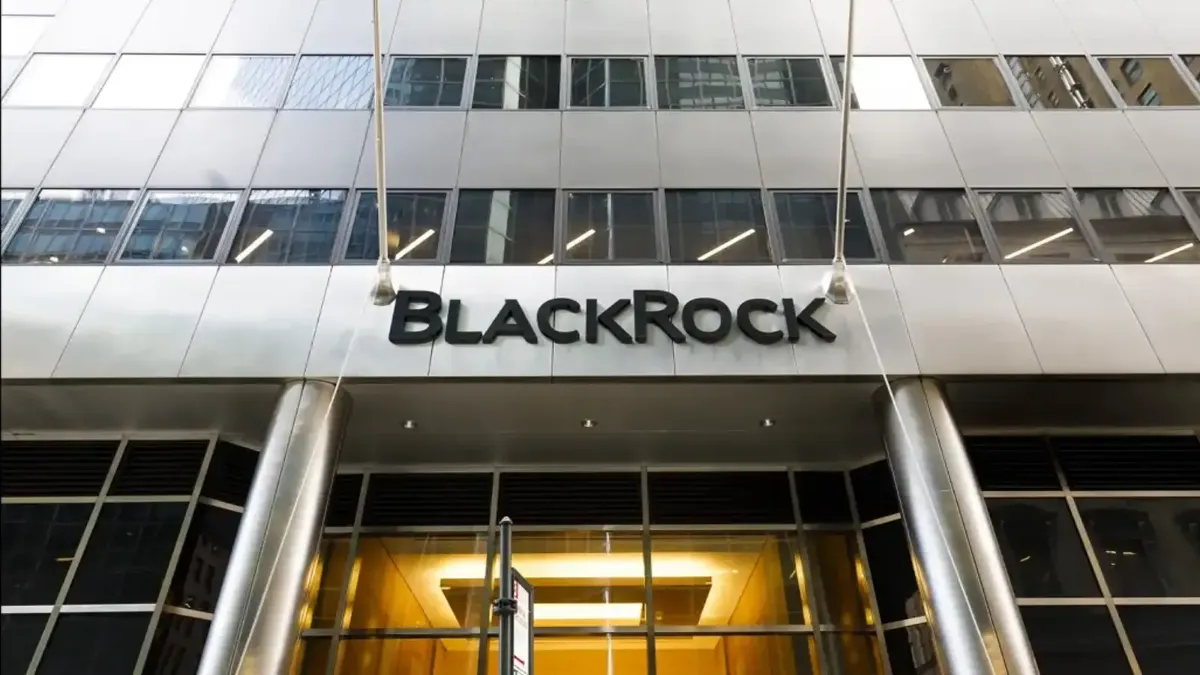How many of you know about BlackRock? If you don’t, congrats! You are ignorant enough to be happy.
BlackRock, the world’s largest asset manager, oversees a staggering $11.5 trillion in assets. While many might view this as a sign of success, it raises serious concerns about the concentration of financial power in a single entity.
With plans to hire 1,200 people in India, BlackRock’s expansion is not just a local job creation effort; it hints at a broader strategy to increase its influence in emerging markets.
The hiring spree comes at a time when BlackRock is already facing scrutiny for its significant holdings in the U.S. Critics worry that as it expands into India, it may replicate its model of acquiring substantial stakes in key companies, potentially leading to a similar dominance over the Indian financial landscape.
This could stifle local firms and create an environment where decisions are made more for the benefit of BlackRock than for the Indian economy or its people.
The skepticism surrounding BlackRock’s intentions is compounded by its controversial history.
The firm has faced backlash for investing in companies tied to fossil fuels and human rights violations, as well as for its close ties with the Federal Reserve during the COVID-19 pandemic.
Such actions raise ethical questions about the firm’s priorities and whether it truly acts in the best interests of its clients or merely seeks to maximize profits.
BlackRock’s expansion into India aligns with its global strategy of enhancing its technological capabilities and diversifying its investment portfolio.
By tapping into India’s growing economy and tech-savvy workforce, BlackRock aims to solidify its position as a leader in asset management.
However, this raises concerns about whether local businesses can compete against such a powerful player with vast resources.

Leave a Reply